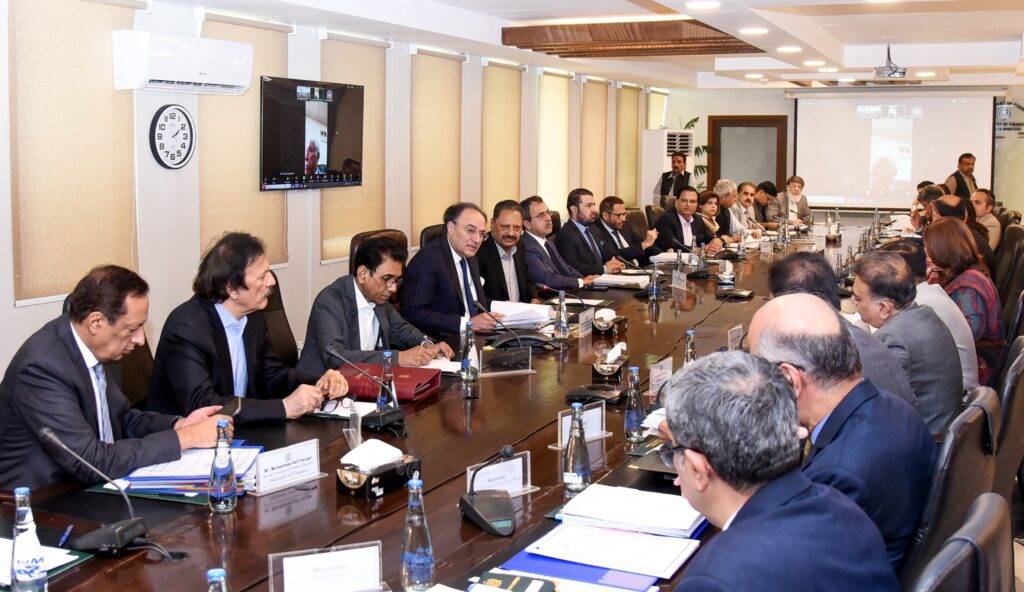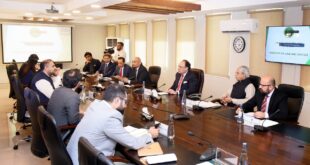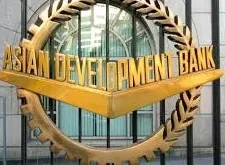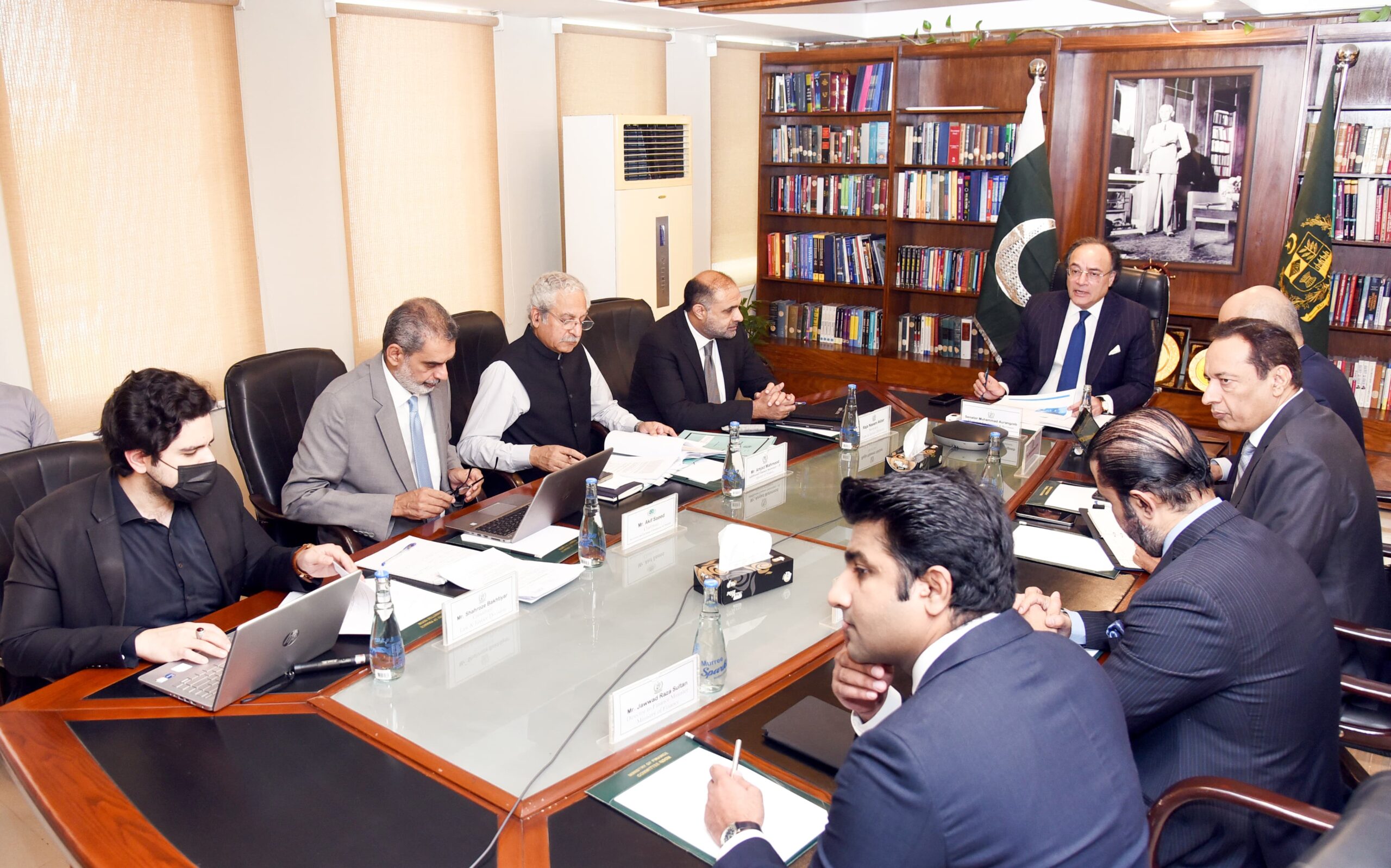
Aftab Maken
ISLAMABAD: A meeting of the Economic Coordination Committee (ECC) of the Cabinet was held on Monday under the chairmanship of Federal Minister for Finance and Revenue, Senator Muhammad Aurangzeb, during which the Cabinet body approved significant technical supplementary grants (TSGs) for various ministries and divisions and endorsed several key policy measures.
The ECC cleared more than Rs 60 billion in supplementary allocations, catering to diverse needs ranging from development projects and institutional support to international loan repayments and diplomatic event arrangements.
Among the approved grants, the Ministry of Finance received Rs 1.259 billion to return unutilized funds to the Sindh government under a wheat seed cash reimbursement programme and an additional Rs 5.6 billion as rupee cover for the ADB-funded Women Inclusive Finance (WIF) project. Another Rs 294 million was approved for the merged Ministry of Kashmir Affairs, Gilgit-Baltistan and SAFRON.
The Ministry of Interior and Narcotics Control was allocated multiple TSGs, including Rs 231.89 million for civil armed forces, Rs 64 million for staff transferred to the CDA from Pak PWD, Rs 400 million for development expenditure under the Sustainable Development Goals Achievement Programme (SAP), and Rs 1.2 billion to host the upcoming 23rd meeting of the Shanghai Cooperation Organisation (SCO) Council of Heads of State in Islamabad. An additional Rs 14 million was allocated to cover employees-related expenditure in the Kashmir Affairs Ministry.
The ECC approved Rs 1.889 billion for the Ministry of Information and Broadcasting to clear advertising liabilities and meet other expenditures, while Rs 50 million was sanctioned for the Ministry of Parliamentary Affairs to support PILDAT’s democratic governance initiatives.
The Power Division was granted Rs 750 million for development expenditure and received the ECC’s approval for a tripartite power purchase agreement concerning the 1145 MW Karachi Nuclear Power Plants Unit-2 (K-2) and Unit-3 (K-3).
The Petroleum Division was provided Rs 90 million to implement gas schemes in Punjab. However, its summary regarding the Machike-Thallian-Tarrujabba White Oil Pipeline was deferred to the next ECC meeting, with directions for further financial and operational analysis by the Finance, Planning, and Petroleum Divisions.
The ECC also greenlighted Rs 100 million as grant-in-aid for the Ministry of Poverty Alleviation and Social Safety to release funds to SOS Children’s Villages Pakistan and Rs 2.150 billion for the Ministry of Housing and Works to finance development schemes in Swabi through the Pakistan Infrastructure Development Company Limited (PIDCL).
In support of institutional capacity building, Rs 1.7 billion was allocated to the Ministry of Defence for technological upgradation of the Inter-Services Public Relations (ISPR), and Rs 2.232 million was approved for the Law and Justice Ministry for reimbursement of CDA expenditure on Islamabad’s district courts. Additionally, Rs 2.75 million was granted to the Ministry of Federal Education and Professional Training for the Prime Minister’s Youth Skill Development Programme.
The ECC also approved a massive Rs 40.34 billion for the Economic Affairs Division to meet revised budget estimates for 2024-25 concerning repayment of short-term foreign loan credits.
On the policy front, the ECC approved a proposal by the Finance Division to establish a “Women Inclusive Finance Support Fund” Trust under the ADB-funded WIF project, and endorsed a policy for granting honorariums to government employees.
It also allowed amendments in the import policy order (IPO) to facilitate state-owned defence production entities and their subsidiaries and approved a summary by the Ministry of Commerce in this regard.
In the agriculture sector, the ECC approved the Ministry of National Food Security & Research’s proposal for setting minimum indicative prices of the 2025 tobacco crop and revising cess rates for 2025–26. The Committee, however, instructed the Ministry to propose an exit strategy from the existing pricing regime in favour of deregulation in line with government policy.
Additionally, the ECC approved a summary by the Ministry of Housing and Works to withdraw directives transferring the Hyderabad Package (PSDP #223) and Karachi Package (PSDP #222) from the Sindh government to the PIDCL.
 BeNewz
BeNewz




